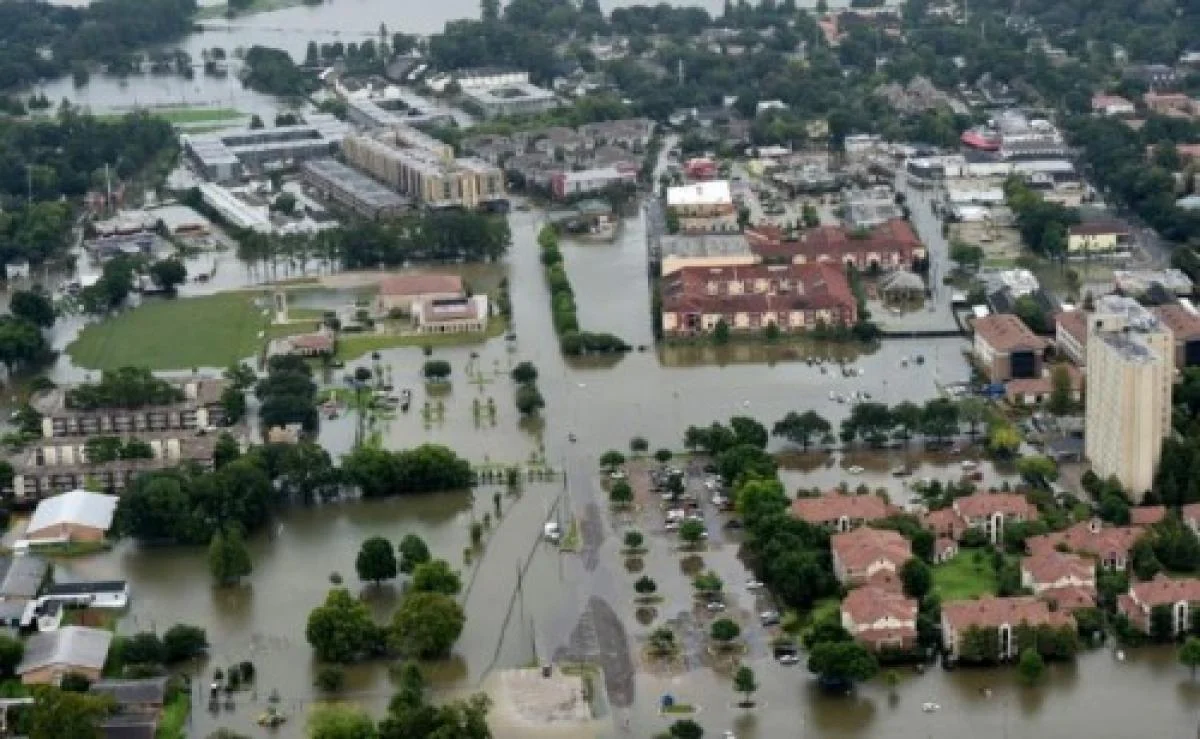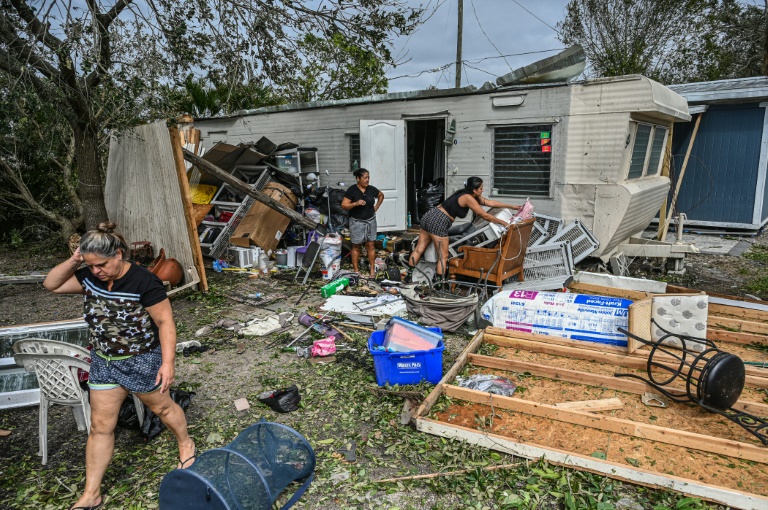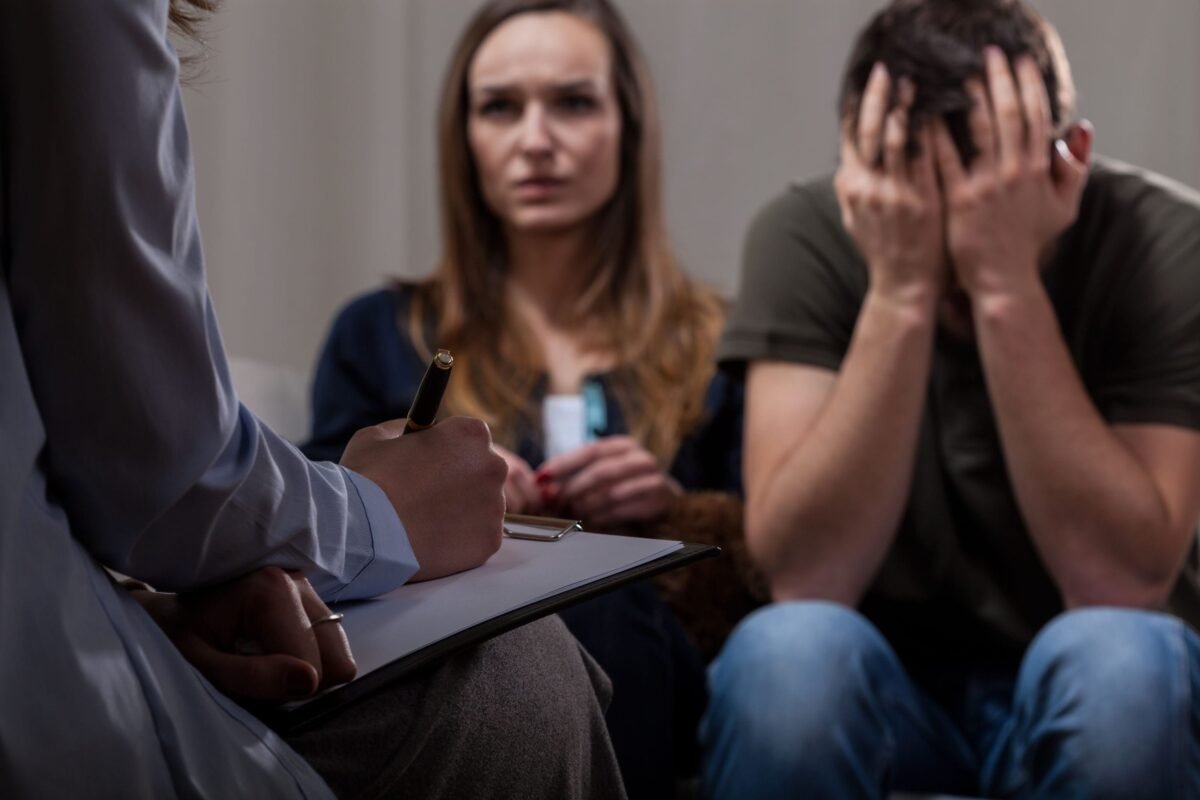Navigating relationships with friends and family members who have opposite political views can be one of the most challenging aspects of election season. While political discussions can lead to growth and deeper understanding, they can also create tension and division, especially when opinions are deeply entrenched. However, maintaining healthy, supportive relationships during these times is possible—and important for our emotional well-being.
Here’s how to preserve your mental health while staying connected to loved ones with differing political beliefs.
Set Clear Boundaries
Establishing boundaries is crucial for preserving relationships and protecting your mental health. While open dialogue is important, not every conversation needs to be a political debate, and not every issue has to be discussed. Here’s how to set effective boundaries:
- Communicate your limits: If certain topics feel too heated or emotionally draining, let your loved ones know. You might say something like, “I value our relationship, but I’d prefer not to talk about politics right now.”
- Know when to disengage: It’s okay to step away from conversations that feel toxic or unproductive. Politely excusing yourself from a heated discussion can prevent escalating conflicts and preserve your peace.
- Choose safe topics: Find common ground in subjects that bring you together—whether it’s shared hobbies, family memories, or mutual interests. Redirecting conversations to these areas can strengthen bonds without triggering political debates.
Practice Empathy and Active Listening
In politically charged environments, it’s easy to fall into a pattern of defending your own beliefs while dismissing others. However, practicing empathy and truly listening to someone else’s perspective can help de-escalate tension and foster understanding.
- Seek to understand, not to win: Enter conversations with the goal of understanding the other person’s viewpoint, rather than changing their mind. Try to listen with curiosity, asking yourself, “What experiences might have led them to this belief?”
- Validate emotions, even if you disagree: Acknowledge that your loved ones’ feelings are valid, even if you don’t share their perspective. Saying something like, “I see this issue really matters to you,” can help de-escalate conflict and build trust.
- Ask open-ended questions: Rather than debating, try asking questions like, “What concerns you the most about this issue?” or “How did you come to feel this way?” These types of questions invite deeper conversation without the pressure of confrontation.
Agree to Disagree
It’s important to recognize that not every discussion will lead to a consensus, and that’s okay. The goal should be to preserve the relationship, not to win an argument.
- Respect differences: Accept that your loved ones are entitled to their beliefs, just as you are to yours. Focus on maintaining mutual respect, even when you disagree.
- Find common ground: Often, beneath political differences are shared values. Maybe you and your family member both care deeply about fairness, justice, or protecting the environment, even if you support different policies. Highlighting these shared values can remind you that you have more in common than it may seem.
- Use humor to lighten the mood: When tensions rise, humor can be a great way to diffuse the situation. A lighthearted comment or an inside joke can remind both of you that your relationship is built on more than just politics.
Take Care of Your Own Mental Health
Dealing with political disagreements can take an emotional toll, so it’s essential to prioritize your mental health during these times. Engage in self-care practices that help you recharge and remain emotionally balanced.
- Set boundaries with media: If political discussions on social media or news outlets are contributing to your stress, limit your exposure. Taking breaks from politically charged content can help you maintain a healthier mindset.
- Engage in calming activities: Whether it’s yoga, meditation, reading, or taking a walk in nature, find activities that help you decompress after difficult conversations.
- Practice emotional regulation: If a conversation with a loved one leaves you feeling angry or upset, take time to process your emotions before responding. Techniques like deep breathing, mindfulness, or journaling can help you cool down and approach the situation more calmly.
Recognize When to Take a Break
Sometimes, despite our best efforts, political discussions can become too overwhelming or damaging to our mental health. Recognizing when to take a break—whether from the conversation or the relationship—can be an important act of self-care.
- Pause, don’t break: If a particular relationship is causing you significant stress, it’s okay to take a temporary step back. You can say something like, “I need some space to cool off, but I want to stay connected. Let’s take a break from this topic for a while.”
- Reconnect over non-political topics: Sometimes it’s best to agree that political discussions are off-limits for a time. Focusing on shared activities—like watching a favorite show, cooking together, or spending time outdoors—can remind you of the positive aspects of your relationship.
- Know when to walk away: In rare cases, certain relationships may become too toxic to maintain. If someone consistently disrespects your boundaries or engages in harmful behavior, it may be necessary to reevaluate the relationship for your own mental well-being.
Practice Self-Compassion
Political disagreements with loved ones can be emotionally draining, leaving you feeling frustrated, hurt, or even guilty. During these moments, it’s important to be kind to yourself and recognize that these tensions are common in today’s political climate.
- Acknowledge your emotions: It’s okay to feel upset after a disagreement. Rather than suppressing your feelings, allow yourself to process them and recognize that you’re doing your best to maintain balance in a challenging situation.
- Be gentle with yourself: Remind yourself that you don’t have to have all the answers or navigate every political conversation perfectly. Accept that maintaining relationships during politically divisive times can be difficult, and give yourself credit for making the effort.
- Seek support: If managing these tensions is becoming overwhelming, don’t hesitate to lean on other friends or a therapist for support. Sometimes talking through your feelings with a neutral party can provide relief and clarity.
- Focus on the Bigger Picture
Lastly, remember that relationships are built on much more than political beliefs. While politics may seem all-encompassing during election season, your connection with loved ones is shaped by shared experiences, history, and mutual care.
- Prioritize the relationship: Ask yourself what matters most in your relationships with friends and family. If maintaining a positive connection is more important than discussing political differences, make that the priority.
- Invest in shared experiences: Strengthen your relationships by creating new memories and engaging in activities that bring you closer. Whether it’s celebrating holidays, traveling together, or simply spending quality time, these moments can reinforce the bonds that transcend political disagreements.
Conclusion
Maintaining relationships with friends and family who have opposite political views can be challenging, but it’s also an opportunity for growth, empathy, and deeper connection. By setting boundaries, practicing empathy, and focusing on what truly matters in your relationships, you can protect your mental health while preserving meaningful connections.
Political seasons come and go, but the bonds we share with loved ones endure. Prioritize respect, open-mindedness, and kindness to navigate these conversations with grace, and remember that your mental well-being is just as important as staying informed or engaged in political debates.










